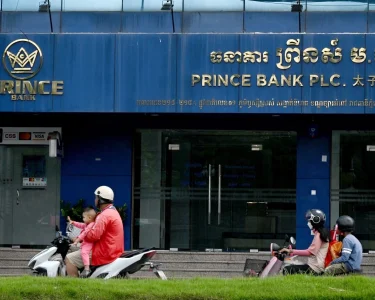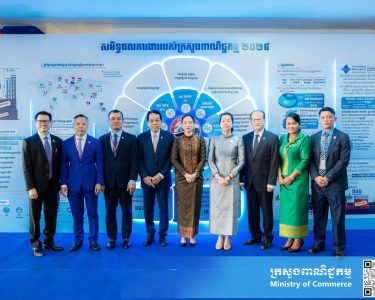Cambodia Investment Review
The Cambodia Microfinance Association (CMA) is reinforcing its commitment to borrower protection by enhancing internal systems, institutional standards, and ethical engagement across its network of member institutions. The move is supported by the National Bank of Cambodia and international partners, including the United Nations.
The announcement was made during CMA’s CEO Club meeting on July 4, which brought together over 130 executives from member microfinance institutions. CMA emphasized that borrower protection is essential for long-term sector stability and public trust.
“Protecting borrowers is about building a culture of clarity, dignity, and responsibility,” CMA leadership stated.
Focus on Ethics, Training, and Transparency
All CMA members operate under a unified Code of Conduct aligned with international best practices. The code emphasizes informed consent, transparency in loan terms, and a borrower’s ability to repay. Coercion, threats, and undue pressure are strictly prohibited, reinforcing a client-first approach.
Read More: Opinion: Cambodia’s Banking Evolution – Trust and Innovation at the Forefront
To support these principles, CMA conducts regular staff training focused on respectful communication, financial ethics, and cultural awareness—particularly in rural areas. Loan officers are instructed to engage clients professionally, even in cases of repayment difficulty.

New Safeguards and Complaint Systems
CMA is backing reforms to shift lending decisions away from collateral-based assessments and toward borrowers’ cash flow and repayment capacity. A key policy prohibits the use of Indigenous Communal Land Titles as loan collateral, helping protect vulnerable communities from land loss.
Additionally, the Financial Consumer Center (FCC), now operating independently, handles borrower complaints and dispute resolution for both CMA and the Association of Banks in Cambodia. The independent setup is designed to increase transparency and sector accountability.
Expanding Financial Literacy
Efforts under the Safe Community Finance Project are being expanded to reduce the risk of over-indebtedness. In high-risk provinces like Ratanakiri, the initiative aims to equip borrowers with the knowledge to make informed decisions. CMA emphasized that financial literacy is an essential component of responsible lending.
This renewed focus comes amid increasing scrutiny of microfinance practices in Cambodia. Organizations such as LICADHO have previously raised concerns about land-backed lending and borrower pressure. CMA’s latest actions aim to address these concerns and ensure ethical standards are upheld across the sector.

Toward Inclusive and Responsible Finance
Cambodia’s microfinance industry serves over 2 million borrowers, with total loans exceeding $10 billion, according to the Credit Bureau Cambodia. CMA’s approach is positioning the sector to become a model for inclusive, ethical finance in Southeast Asia.
With continued collaboration from the government and development partners, Cambodia’s microfinance landscape is moving toward a future where all borrowers are treated with fairness, dignity, and respect.





